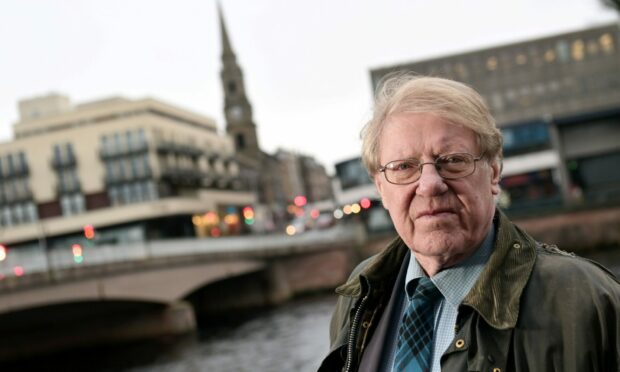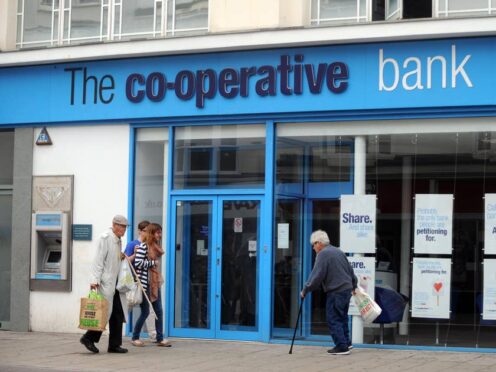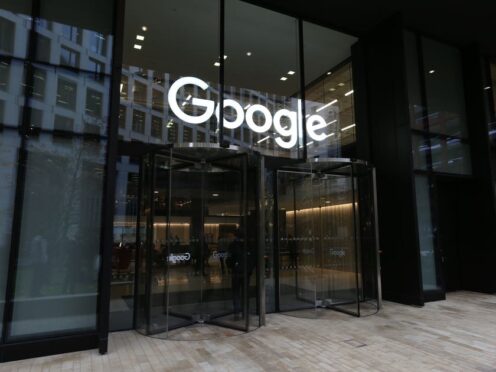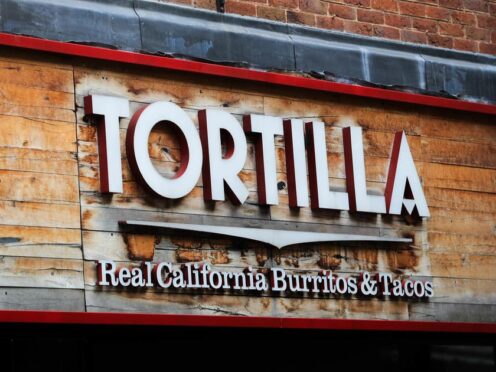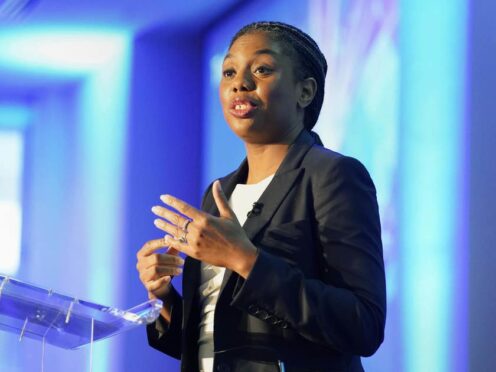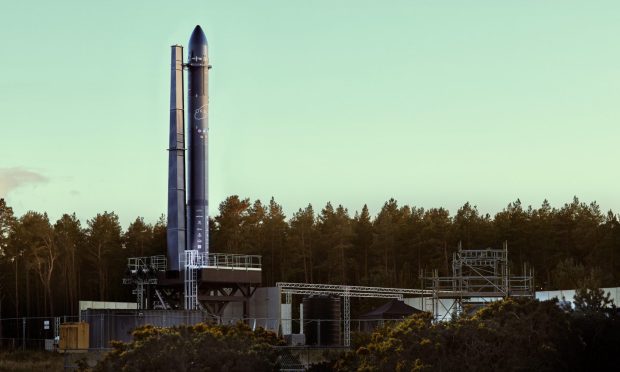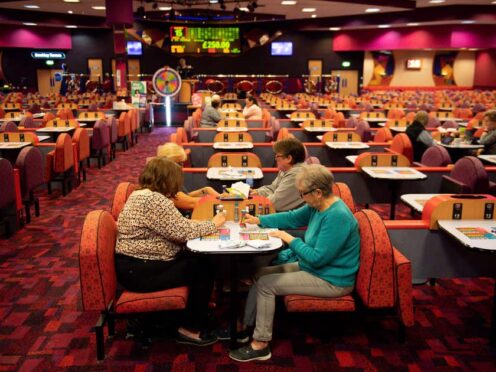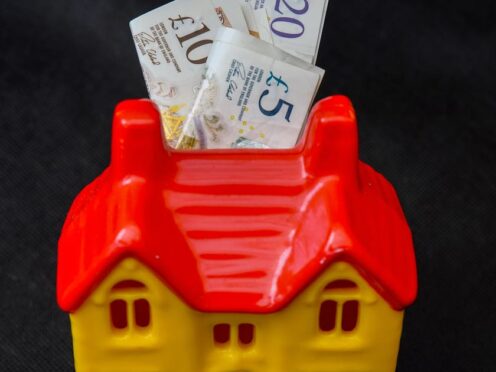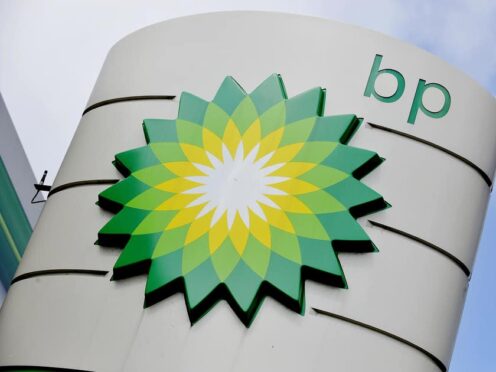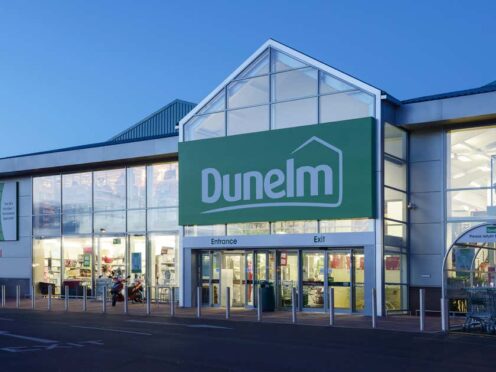The last two years have been very difficult for the UK and Scottish economies because of the impact of the various coronavirus pandemics. There have been added complications in the last month because of the war in Ukraine which among other things has forced up energy prices.
In the morning before the Chancellor’s statement the Government announced that annual consumer price inflation has risen to 6.2%, which is the highest rate in 30 years.
In contrast, many people’s incomes have fallen in real terms because of the impact of Covid.
UK Government debt has increased enormously in the last two years because of the various assistance programmes to help counter the coronavirus pandemics.
Rishi Sunak became Chancellor of the Exchequer in 2020 and portrays himself as a low tax man, which he frequently repeated during yesterday’s statement.
However, he obviously has to find ways of paying off the huge debt incurred in the recent past.
Tackling the cost of living crisis – but cost of fuel duty cut ‘misleading’
On the other hand, he and the Prime Minister are well aware of the cost of living crises faced by many people, particularly those on low incomes.
The chancellor said in his statement that the 5p cut in fuel duty will cost the Government about £5 billion.
However, I believe that this is misleading because it has actually benefitted enormously from the rise in fuel prices, including VAT. The cost is therefore actually just a smaller rise in Government revenue than would have been the case.
The chancellor had previously announced an increase in National Insurance payments to pay for the increased costs of the National Health Service (NHS) and related services. However, yesterday he increased the payment threshold by £3000. That will benefit people who earn less than £35,000 a year.
Tax rate gulf between Scotland and England widens?
The proposed 1% reduction in the standard income tax rate to 19% may get a lot of publicity and please Conservative voters but it will have no short term impact.
However, the tax rate in Scotland is now set by the Scottish Government so it will be very interesting to see the SNP’s response to this change.
There was nothing special in the statement for the North of Scotland economy. The Labour party have proposed a windfall tax on oil and gas companies and Rachel Reeves, the Shadow Chancellor, repeated that during her response to Rishi Sunak. However, he rejects that proposal.
Most motorists in the region travel more than the national averages but their fuel duty savings will be very small in comparison with the other cost of living rises.
Fuel duty savings will be very small in comparison with the other cost of living rises.
There were a few other announcements about business rates discounts, R&D tax credits etc but they were also relatively small in comparison with the overall macroeconomic issues.
North still to take hardest hit
The Chancellor predicted that Government borrowing will fall from 5.4% of GDP in 2022 to 3.9% next year and then to 1.3%.
UK economic growth is forecast to be 3.8% this year before returning to the normal annual average of about 2% in 2023.
However, there can be little doubt that the North of Scotland will underperform the UK economy because of the contraction in the North Sea oil and gas industry and also the disappointing progress with the move to more renewable energy.
Tony Mackay is an economist based in Inverness.
